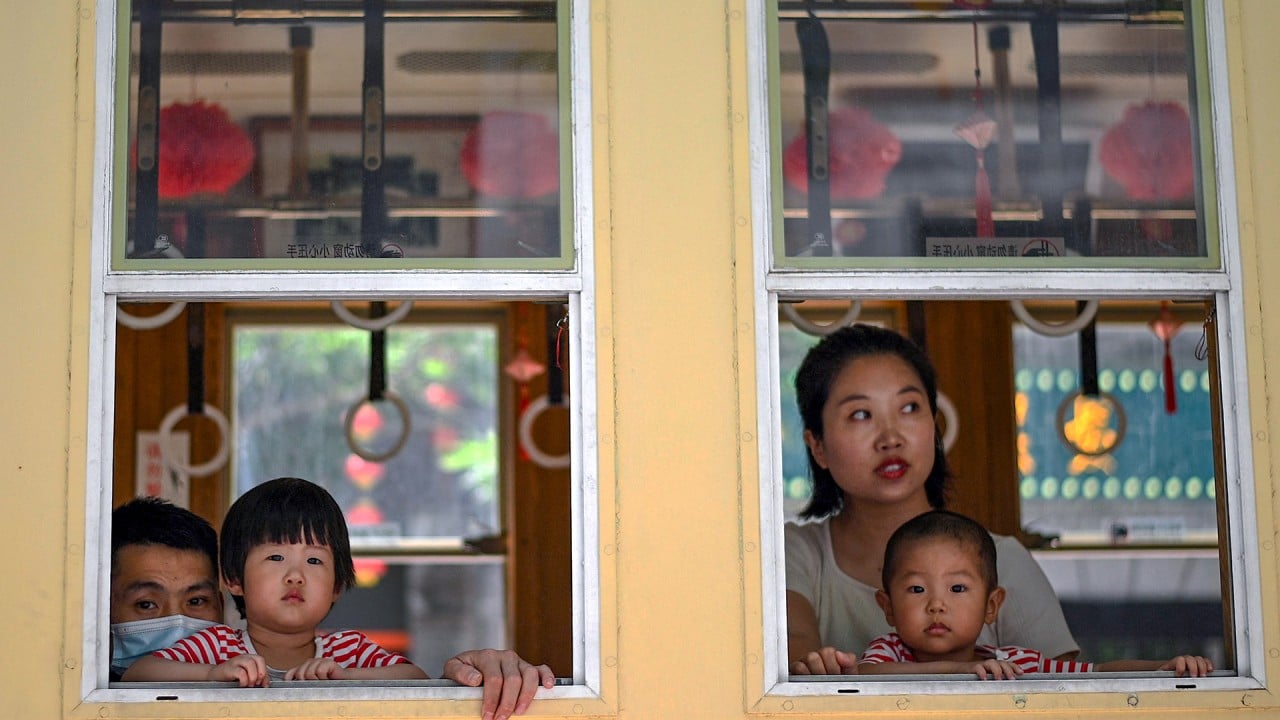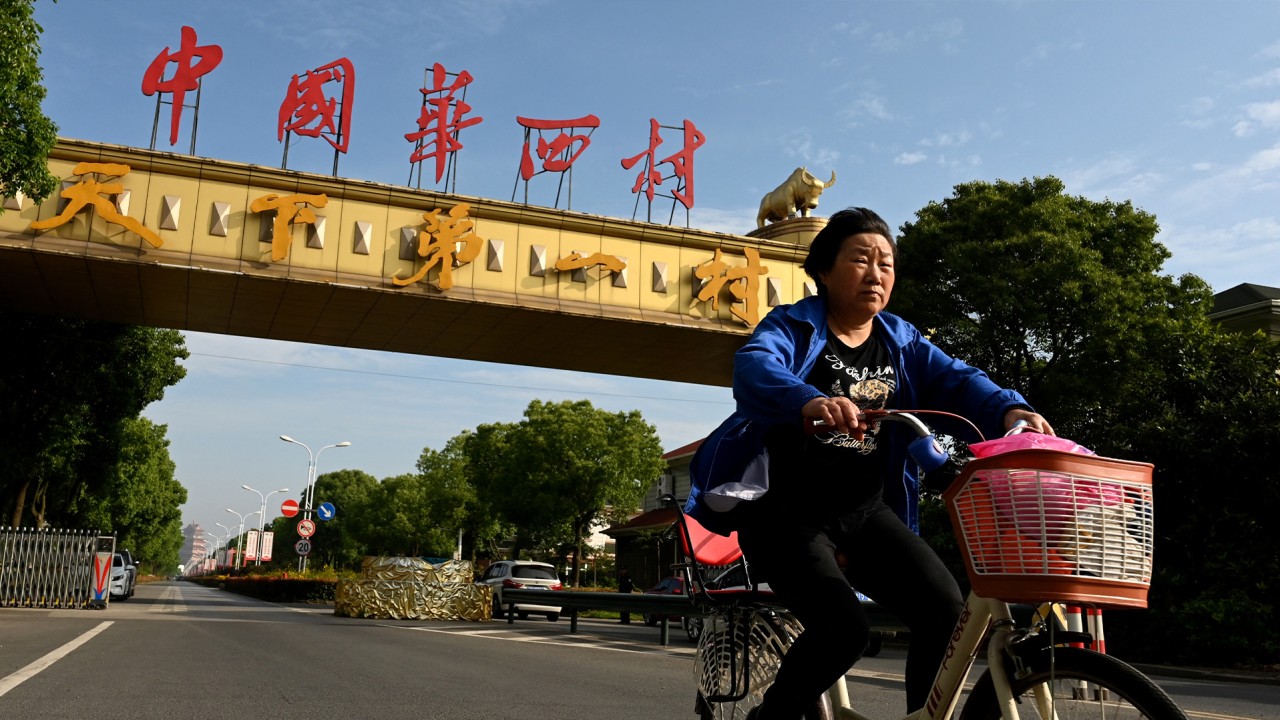
The Trojan horse threat behind China’s tutoring and tech crackdown amid US rivalry
- Both industries have become increasingly powerful and could be capable of destabilising society and Communist Party rule as China engages in an existential contest with the US
China’s intensifying rivalry with the United States appears to be the catalyst for reducing neijuan and increasing efficiency. But the story is much more complicated. Keeping the ruling party at the centre of everything is behind almost every decision in China.
Tutoring companies create business by triggering competition between middle-class parents. They create demand by forcing ever-younger children into academic study. With sought-after kindergartens and primary schools designing their entrance tests for the well-tutored, everyone must do it – or risk leaving their child behind from the start.
This is a quintessential case of neijuan. Resources are wasted and children’s lives ruined in cram schools. It is also a clear case of profit-driven education causing harm.
Further, private tutoring companies may not advance Communist Party priorities in learning. As reliance on these companies grows and the tutoring industry expands, it poses a long-term threat to party rule.
Internet companies collect massive amounts of data, with real-time knowledge of what’s going on. They want to use this knowledge for profit – but they could use it for other purposes. With their foreign capital and connections, the party fears they could become Trojan horses in the China-US rivalry.
We have to assume the Communist Party is thinking of the worst-case scenario. So, internet companies’ capabilities could be a threat.
As the main profit tool is to encourage gamers to buy weapons to gain an advantage, online gaming has instilled in a whole generation the ethos of winning by any means possible. There is no sense of fair play. It is all about how much money you have. Left unchecked, this trend could destabilise society and be the biggest threat to the party.
The online universe promotes a culture where anything goes and winning is everything. This is a major reason that winners are often worshipped no matter how they got there. If someone becomes rich by fleecing retail investors through pump-and-dump schemes, what a clever guy.
Over time, this sort of social Darwinism destabilises society. If the winner is always right, anyone could cook up anything to overthrow the Communist Party for the ultimate prize – control of the country.
Rules in the virtual world must be similar to those in the real world. Selling fakes isn’t OK. Listing paid propaganda as search results should be a criminal offence. Luring young boys into the gaming world should be punishable. It is not hard to turn the virtual world around. It just takes determination from the government.
Andy Xie is an independent economist





